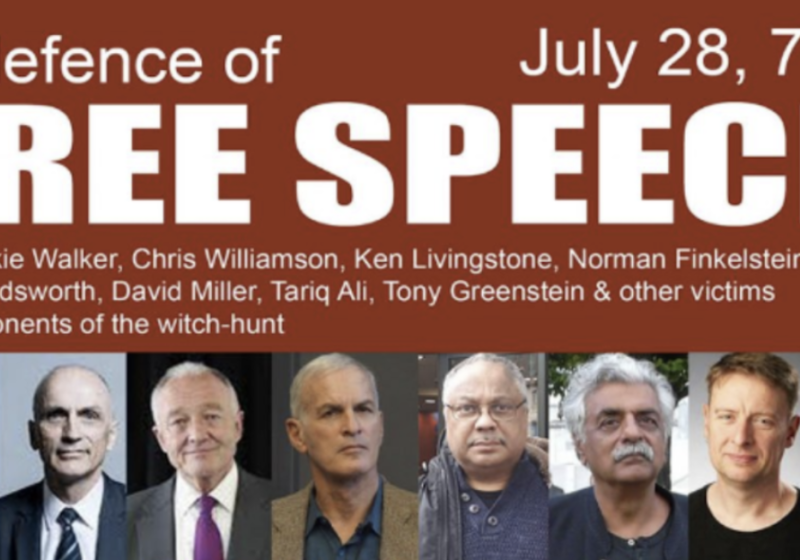CST Blog
Report shows why British Jews’ fear of Corbyn was not unfounded
29 October 2020

This blog has been featured in the Jewish News.
The ruling by the Equality and Human Rights Commission that the Labour Party broke the law by discriminating against Jews should not bring pleasure to anybody. Vindication and relief that Jewish voices have been heard, of course: but nobody should be happy that the antisemitism in Labour under Jeremy Corbyn’s leadership was so blatant and widespread that the party had to be brought to account by the UK’s official anti-discrimination regulator.
Jewish history teaches us that the worst persecution happens when governments turn against their Jewish populations. Nazi Germany is the most obvious example, of course, but far from the only one. Think of the systemic repression of Jewish life in the Soviet Union and Eastern Europe, or the mass flight of Venezuelan Jews from the increasing hostility they endured under Hugo Chavez, or the catastrophic collapse of historic Jewish communities across the Arab world in the last century. The antisemitism that is always present in society only becomes an existential threat when governments turn from protectors to persecutors.
This was the fear felt by many British Jews when a Corbyn-led government looked like a realistic prospect, and the EHRC ruling shows why this fear was not unfounded. According to this ruling Corbyn’s Labour Party systematically, repeatedly and unlawfully discriminated against Jews when they were in opposition; it is reasonable to assume that they would have continued to discriminate against Jews if they had made it into power.
Under Corbyn’s leadership, Jewish Labour Party members across the country became the targets of vicious hatred from people they had thought of as comrades but who now turned against them. Lifelong Labour activists were accused of loyalty to a foreign government and the betrayal of socialism. It is reasonable to imagine that a Corbyn-led government would have encouraged similar treatment of all British Jews, apart from the tiny minority who, like Corbyn, are anti-Zionist and anti-capitalist.
Jeremy Corbyn never said he would govern for the whole country. In every speech and every media soundbite, he always said there was a group of people he would actively govern against. Sometimes he called them “the few”, sometimes “the 1 per cent”, sometimes “the wealth extractors” or the “global elite”: but whatever he called them, there was always an enemy that he portrayed as rich, rootless, exploitative and conspiratorial. It shouldn’t take much knowledge of the history of antisemitism to know that this type of politics attracts and encourages antisemites, but apparently this was not within the understanding of the so-called antiracists leading the Labour Party over the past five years.
The EHRC report does not determine whether Labour was incapable of dealing with antisemitism because the party didn’t understand it, or because they agreed with it: as far as the law is concerned, the discriminatory outcome was the same. We usually think of antisemitism as a type of racism that is found mainly in language, stereotypes and conspiracy theories rather than concrete discrimination. Now the EHRC has confirmed that antisemitism can still involve discrimination against, and exclusion of, Jews – and in the Labour Party, of all places. How ironic.
However traumatic the past five years have been for British Jews, we should take comfort from this outcome. The EHRC is a key institution of Britain’s democratic culture and it has held firm in defence of Jewish rights. Last December the electorate rejected Corbyn’s antisemitism in the General Election, and then Labour Party members turned away from the hard left and chose Keir Starmer as their new leader. So far he has made a good start in chipping away at the antisemitic culture that made its home in Labour; seeing through the recommendations of the EHRC report will be the fuller test of whether he can truly repair the damage done under his predecessor.

